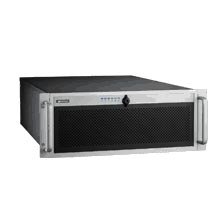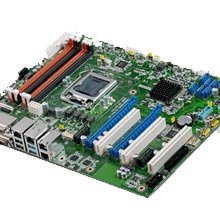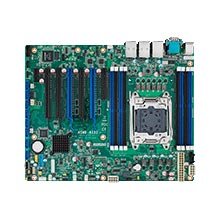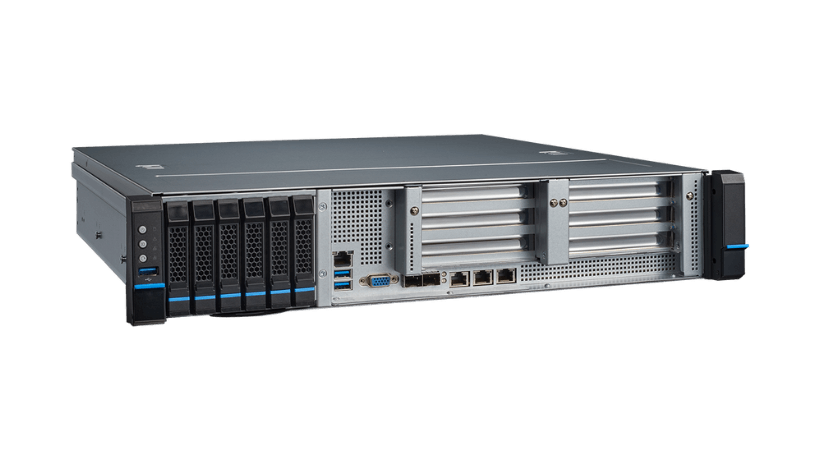Industrial Server and Storage Server Solutions
Global Infotech Solutions provides a wide range of industrial servers and storage devices built to handle the tough demands of today’s industries. Our products include server racks and custom servers, all designed for top reliability, scalable capacity, and easy setup. We offer a selection of server solutions like Server Motherboards (MB), Server Chassis, GPU Servers, and a strong storage server series. These solutions help businesses manage their computing and storage needs efficiently and with ease.


Serverboard: The serverboard supports Intel Xeon server, DDR4, IPMI 2.0 with iKVM and Quad LANs features. Our serverboard enables various system configurations and diverse options of modules.


What Are Industrial Servers and Storage Solutions?

Why Choose Industrial-Grade Over Traditional Systems?
Unlike conventional servers typically housed in controlled data centres, industrial servers are built for durability and endurance. They feature ruggedised construction, enhanced thermal and shock resistance, and support long life cycles with low failure rates. Whether installed on a shop floor or inside a control cabinet, these systems offer a high level of uptime and reliability. This makes them ideal for mission-critical workloads, especially in environments where failure is not an option.
Industrial Server and Storage Solutions We Offer




How to Select the Right Solution
When selecting an industrial server or storage solution, it’s important to consider the environmental and operational requirements. Start by evaluating ambient conditions such as temperature, humidity, and vibration. Determine the compute and memory requirements of your software stack. Choose storage based on capacity, speed, and redundancy needs whether HDD, SSD, or NVMe.
Also take into account connectivity options (Ethernet, serial ports, USB), scalability, form factor (rackmount, wall-mount, or DIN rail), and support requirements. If you’re unsure where to begin, our team is ready to help you design a solution that meets both current and future needs.
Industries and Use Cases
- Our industrial servers and storage systems are deployed across a broad range of sectors:
- In manufacturing, they support SCADA and real-time control systems.
- In oil and gas, they provide data logging and monitoring in remote or offshore locations.
- Logistics companies use them for fleet management, edge data processing, and real-time communication.
- Energy and utility firms deploy them for substation monitoring and smart grid infrastructure.
- In Industry 4.0 environments, they serve as processing nodes for IoT and machine data.
- These are only a few examples our solutions are adaptable to a wide array of industrial applications.
Get In Touch
Frequently Asked Questions
Yes. Our systems are designed for industrial deployment and can operate in temperatures up to 70°C, often with fanless cooling and sealed enclosures.
We offer a full range of storage technologies: HDDs, SSDs, NVMe drives, RAID arrays, and networked storage options like NAS and SAN.
Yes. We provide full lifecycle support, including installation, configuration, and remote or on-site technical assistance.
